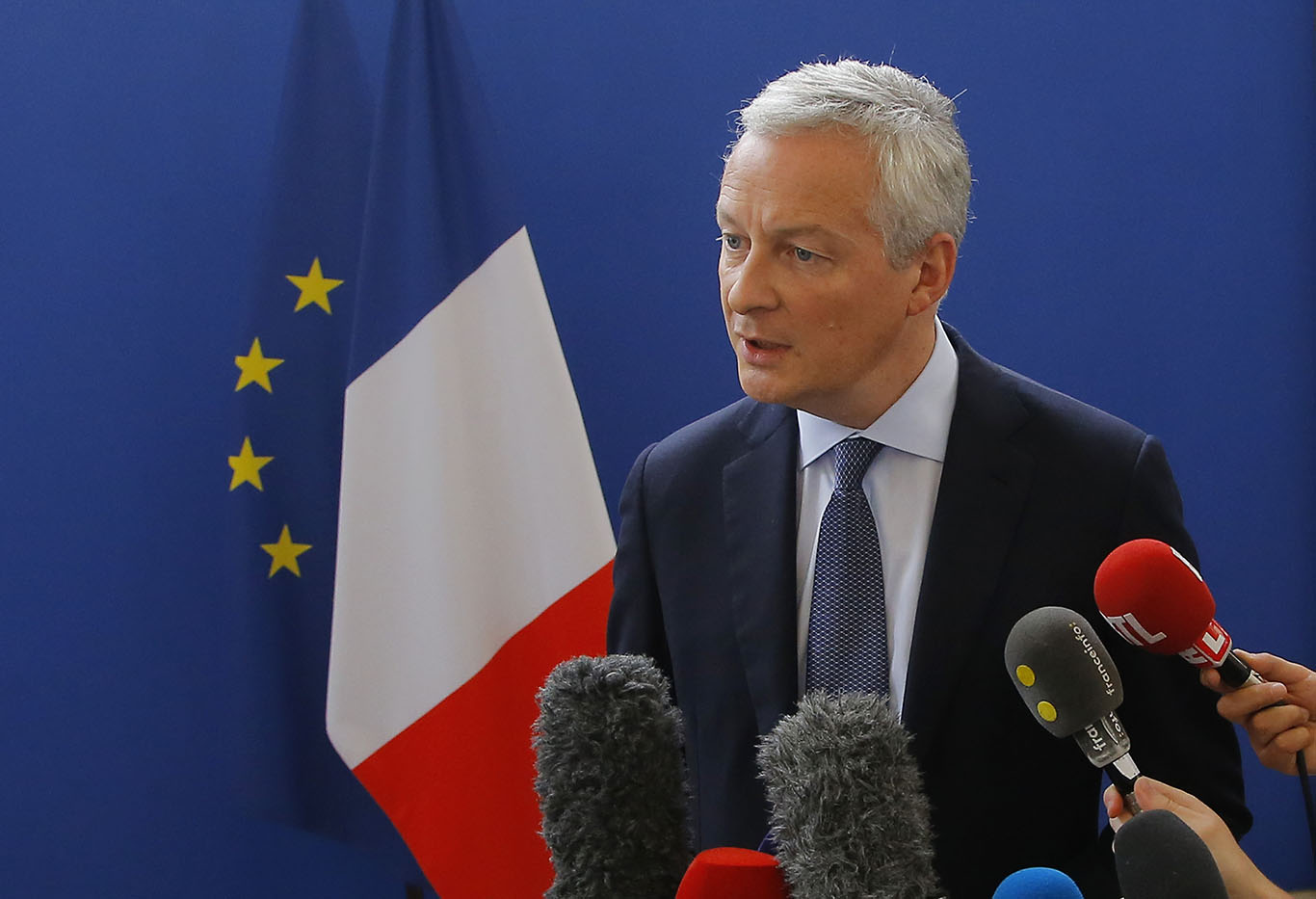France and Germany have said they will oppose Facebook’s digital currency

France and Germany have formed a united front against Libra, Facebook’s proposed digital currency.
The news: In a joint statement issued late last week after a meeting of eurozone finance ministers, France and Germany said that Facebook’s plan for Libra “fails to convince” them that risks related to security, investor protection, money laundering and terrorist financing, and “monetary sovereignty” will be adequately dealt with. “We believe that no private entity can claim monetary power, which is inherent to the sovereignty of nations,” the statement reads.
Backlash at home and abroad: Facebook’s bold plan to issue global digital currency next year has been met with significant skepticism and resistance from policymakers in the US, including the president. Facebook has responded by bolstering its lobbying forces in Washington, DC. This joint statement suggests that the political challenges Libra faces in Europe could be more serious.
A wake-up call: The joint statement from France and Germany concludes, “We encourage European central banks to accelerate work on issues around possible public digital currency solutions.” What is this referring to? Apparently, the European Central Bank has been quietly working on its own digital currency project.
Now Facebook seems to have inspired the bank to pick up the pace. At a news conference after the meeting of finance ministers, ECB board member Benoit Coeure called Libra a “wake-up call.” He said it would fuel efforts to expand access to real-time payment capability in Europe. “We also need to step up our thinking on a central bank digital currency,” Coeure said.
Keep up with the fast-moving and sometimes baffling world of cryptocurrencies and blockchains with our weekly newsletter Chain Letter. Subscribe here. It’s free!
Keep Reading
Most Popular
Large language models can do jaw-dropping things. But nobody knows exactly why.
And that's a problem. Figuring it out is one of the biggest scientific puzzles of our time and a crucial step towards controlling more powerful future models.
How scientists traced a mysterious covid case back to six toilets
When wastewater surveillance turns into a hunt for a single infected individual, the ethics get tricky.
The problem with plug-in hybrids? Their drivers.
Plug-in hybrids are often sold as a transition to EVs, but new data from Europe shows we’re still underestimating the emissions they produce.
Google DeepMind’s new generative model makes Super Mario–like games from scratch
Genie learns how to control games by watching hours and hours of video. It could help train next-gen robots too.
Stay connected
Get the latest updates from
MIT Technology Review
Discover special offers, top stories, upcoming events, and more.